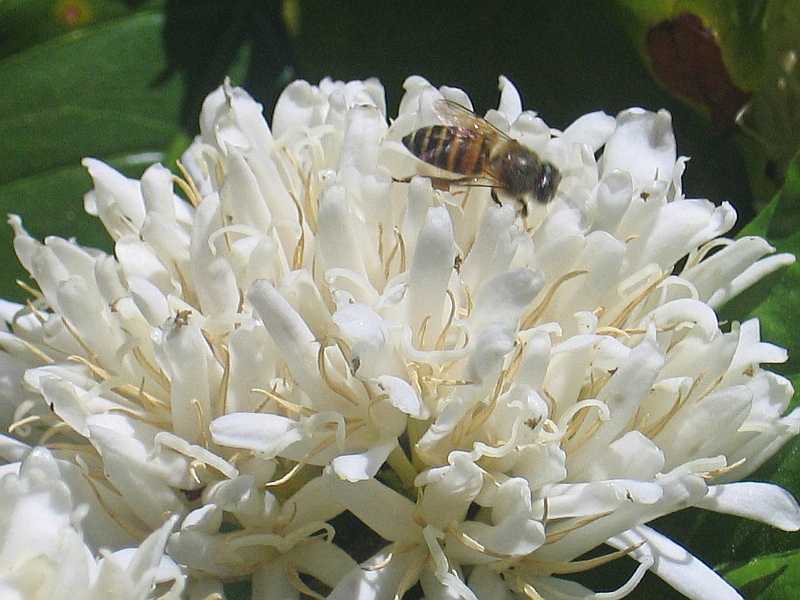LONDON, UK – Brazilian specialty coffee farmers are turning to bees to boost production by up to 30% and increase quality. Specifically, more than 10,000,000 highly-resistant hybrid of European and African Apis mellifera bees are already busy at work this Brazilian spring, helping pollinate coffee trees across Brazilian farms, which sell to approximately 70 million European consumers a year in Germany, UK, Spain, Switzerland, Greece, Norway, Denmark and Finland.
Farmers are going back to basics by introducing new bee populations, using different pesticides and adopting new sustainable farming methods to not only boost production but increase the taste and aroma of their beans. For example, to compete in today’s specialty coffee market and international competitions, Brazilian coffee farmers must produce coffee with at least 87 points out of 100. With the bees, farmers are finding that their coffee is increasing by one point or more, representing a competitive difference and benefit to sustainability-focused European consumers.
To introduce new bee colonies in Brazilian farms across three-major coffee producing states in the southeast of Brazil, farmers are working directly with start-up Agrobee, which in turn rents out bees to farms and trains farmers, who adopt sustainable insect practices including the correct use and type of pesticides.
“Farmers are repopulating their farms with hybrid bees to increase further the quality of their coffee and increase production,” says Vanusia Nogueira, Director of Brazil. The Coffee Nation, a director of Brazil Specialty Coffee Association, or BSCA and hails from a family of coffee producers.
Brazil. The Coffee Nation is a project focused on promoting new sustainability coffee practices among farmers. The project is part of BSCA and Apex, which is focused on attracting investments to Brazil.
“Thanks to sustainability, Brazilian coffee producers have reduced the size of their farming area by 10% since the 1990s but managed to increase their production by 30%. With the bees, the world’s biggest coffee producer is taking its sustainable production to the next level by help reintroduce bees and increase pollination rates significantly,” Ms. Nogueira, who is also a coffee producer, adds.
“The world’s bee population is in decline and this poses a threat to global agriculture and future foods supply. We are working on redressing the balance. As part of our mission, our main goal is to train the farmers in adopting best practices for the bees, changing pesticides and further protecting the ecosystem to increase production without having to increase the size of their land. This is a very positive impact for the environment,” says Andresa Berretta, Co-founder of Agrobee.
“Demand for our bees doubled last year and coffee farmers are using our intelligent pollination methods in key coffee-producing states of São Paulo and Minas Gerais in the southeast to boost yield and produce sustainable crops,” she adds.
Bees seek out pollen for food for their hives. They can fly up to a distance of 3km, or 1.86 miles.
So far, Agrobee has provided farmers with four different types of bees from the highly resistant genera of Apis, Tetragonisca angustula (Jataí), Scaptotrigona and Melipona.
















